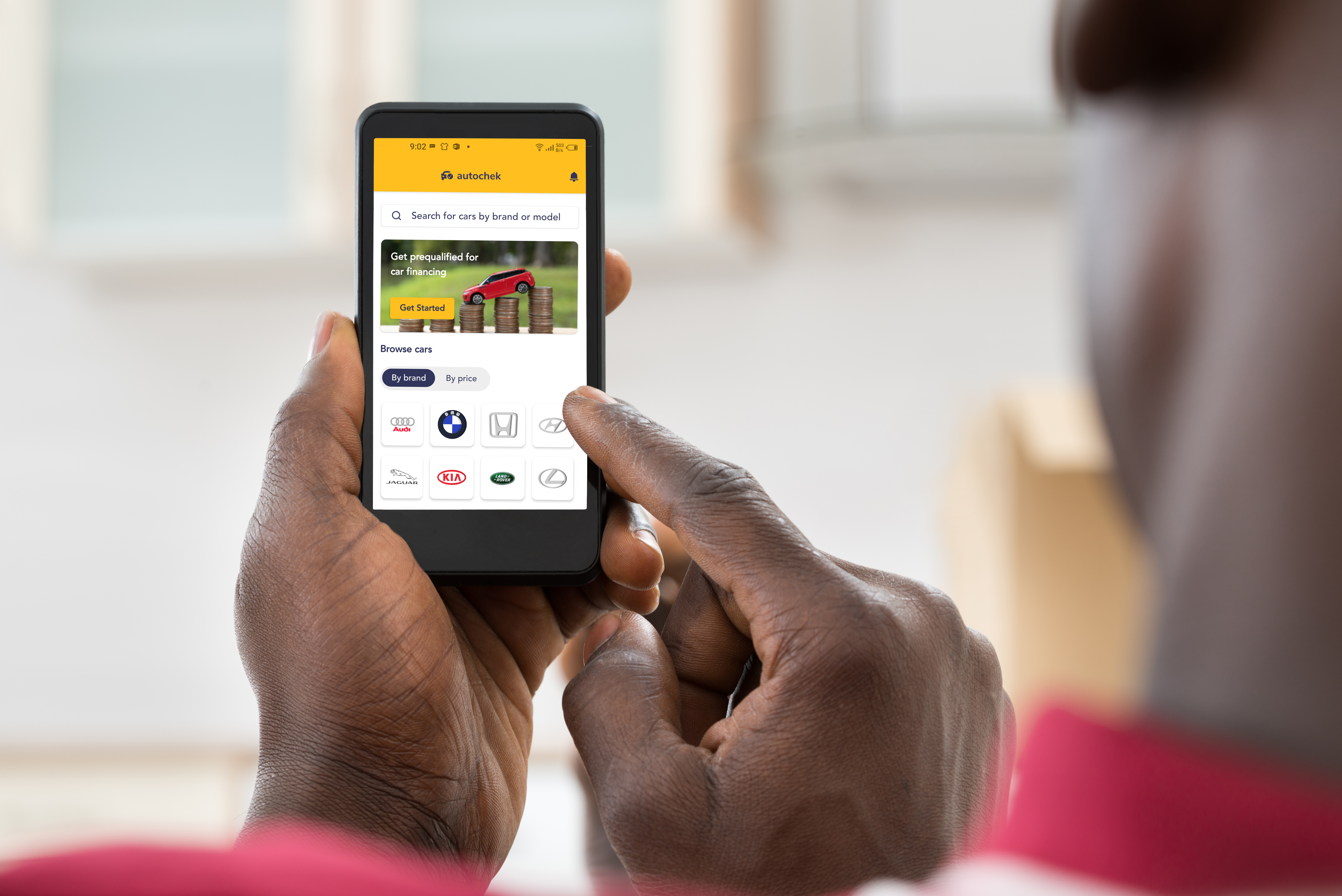- November 18, 2020
- by:
- in: Blog
The tourism and travel industry has been one of the hardest hit by the global Covid-19 health pandemic, and today a promising startup in the space announced some funding to help it weather the storm. Berlin-based Tourlane, which has built a platform that mimics the role of an in-person travel agent to plan and book
The tourism and travel industry has been one of the hardest hit by the global Covid-19 health pandemic, and today a promising startup in the space announced some funding to help it weather the storm. Berlin-based Tourlane, which has built a platform that mimics the role of an in-person travel agent to plan and book all aspects of multi-day trips for individuals and small groups, has raised $20 million, in what it describes as an extension to its 2019 Series C.
The money will be used to give Tourlane, in its own words, “financial stability; allowing the company to pursue its customer-centric vision of creating an end-to-end experience for booking unique individual trips based on advanced technology and travel expertise.”
From what we understand, the company has had a big drop in bookings as a result of the many bans on travel, reduced flight schedules and stay-at-home orders issued across different countries as they try to grapple with the coroanvirus outbreak: it’s currently at 20% the rate of bookings versus the same time last year.
The Series C had been $47 million originally — bringing the total now to $67 million — and was co-led by Sequoia Capital — itself making a bigger push into Europe at the moment — and Spark Capital. Those two VCs, along with other existing investors DN Capital, and HV Capital, and both founders, all participated in the extension. Tourlane has now raised over $100 million.
From what I understand the extension is happening at the same valuation — which according to PitchBook (and my sources) is around $242 million.
A press release announcing the extension did not include any metrics, but in addition to the allusion to financial stability, the undercurrent of the notice is one of just making sure the company has the resources to get through this, and potentially turn the situation into a positive for the company (however that may be possible).
“We deeply believe that this pandemic is an opportunity to rethink travel, and will be a catalyst for the Tourlane business model,” said Julian Stiefel, co-CEO & co-founder of Tourlane (the other co-founder and co-CEO is another Julian, Julian Weselek). “With this latest funding round, we are continuing to invest in our technology and product experience, while at the same time ensuring maximum flexibility for our customers.”
This is not too far outside of the bigger trend among other startups in the industry, and compared to some is a relatively good outcome. Indeed, Tourlane’s funding comes on the heels of a number of twists and turns in the wider category of startups focused on travel and tourism. Just this week, Airbnb filed its long-awaited IPO prospectus, which — while still a big deal — revealed huge drops in the company’s revenues in the wake of many people cancelling travel plans.
Others have not fared so well. Domio (another player in the accommodation space) is reportedly in the process of shutting down its business after raising well over $100 million. Trip Actions, Zeus Living and Sonder have all seen big layoffs. GetYourGuide, another Berlin-based travel startup, raised $133 million in the form of a convertible note as it looks to raise more money to get itself through the crisis.
At Tourlane specifically, in addition to the drop in the number of bookings currently, the startup has also been having a rocky year since the outbreak of the pandemic.
In March, the company saw a 30% higher surge of inbound customer service queries as people got in touch to cancel or rebook their trips. That meant not just a potential loss of revenue — Tourlane was issuing refunds even in cases where it had not been able to secure the refunds from suppliers yet itself — but a big operational cost to the company.
Before the pandemic the company had some 290 employees and had been on a growth tear. While it has made some layoffs — it has around 250-ish now — about half of the remaining employees are on a partial furlough scheme, where they are working only part time (part of a German government scheme, where it provides assistance to make up the difference).
There have been some brighter spots, too. In the summer, when there was a small amount of recovery in many places — so much so that we even started to see stories about group getaways amongst nomads who just couldn’t cool their itchy feet — companies like GetYourGuide, Airbnb and Tourlane saw an increase in activity.
Tourlane offers curated trip itineraries and bookings to some 50 destinations, and it said that in some places like Iceland — which found itself one of the few destination spots that didn’t see big outbreaks in Covid-19 cases — it was even seeing record bookings. Unfortunately, all that evaporates like so much geothermal steam when cases start to tick up again.
The hope now is that vaccines and their rollout will give people more confidence to travel again, and governments and other organizations the ability to reduce some of the strong restrictions that have been put in place that make quick getaways completely impossible.
“When the crisis hit us earlier this year, our team made an incredible effort to adjust strategy, adapt to a new reality, and get ready for the new demand when the market bounces back,” Weselek said in a statement. “In these unprecedented times, the commitment from our investors is a strong signal of confidence in our strategy, the Tourlane business model, and what’s to come in the future.”
“Tourlane has the tremendous opportunity to redefine the way people experience travel,” added Andrew Reed, partner at Sequoia Capital, in a statement. “We are excited to continue our partnership in this next chapter supporting Tourlane’s technological innovation and growth in the years to come.”
“We were impressed by Tourlane’s ability to quickly and consistently adapt their strategy during such a turbulent year,” said Christian Saller, chairman of Tourlane and general partner at HV Capital, said in his own statement. “The new investment will help to quickly transition into growth mode when the market recovers. We are more convinced than ever that Tourlane is perfectly positioned to create the best experience in travel.”







